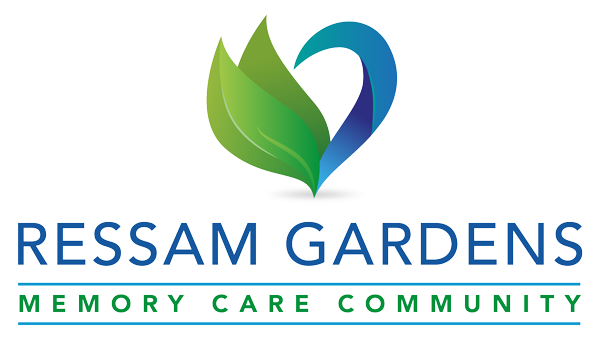Wi-Fi at Hamilton Mountain park could help with dementia and Alzheimer’s research
Ressam Gardens wants to use network it provides to William Connell Park to better understand and treat chronic memory-loss disorders
A partnership between the city and a specialized memory care home to bring wireless connectivity to a Hamilton Mountain park could serve as the backbone for cutting-edge dementia and Alzheimer’s research.
Established last summer as part of a citywide pilot to expand digital access in public spaces, the Wi-Fi at William Connell Park on West 5th depends on fibre optic cables atop the roof of Ressam Gardens, a retirement facility across the street.
While the network currently only serves one purpose — to give residents easy access to free internet — the founder of the home wants to eventually use it to change the way we understand and treat chronic memory-loss disorders.
Nafia Al-Mutawaly believes the high-speed wireless network could potentially open all kinds of doors for dementia and Alzheimer’s related research, from monitoring the whereabouts of Ressam residents to tracking key health indicators while they exercise.
“We wanted to help the city of course but the goal for us goes way further,” said Al-Mutawaly, a former McMaster University professor who opened Ressam last October.
“The problems with dementia and Alzheimer’s are huge; people are getting diagnosed younger and younger. And we need to look for more solutions that buy them time and improve their quality of life.”
In many respects, Ressam Gardens is already fulfilling that mandate.
Its infrastructure includes smart sensors in lighting to stimulate daylight and improve residents’ sleep; thoughtful use of wall painting like blue for activities and green for calmness; wide hallways to promote walking; and large seating areas to encourage interactions among residents.
Al-Mutawaly designed the specialized home — a first of its kind in Hamilton — after a successful memory-care village in the Netherlands called Hogeway, which is roughly the size of 10 football fields.
While Ressam was reimagined to fit into a four-storey building, the presence of a 49-acre park with broadband connectivity next door leaves room for it to be repurposed as a broader and safer community, Al-Mutawaly said.
Consider, for example, that Ressam residents are scheduled for an activity at the park. “You don’t want them left unattended,” Al-Mutawaly explained, “because wandering is a big concern for people with dementia.” So, before they leave, facility staff attach tracking devices to their sandals or shoes, devices that can constantly ping location signals back to Ressam in real time.
“Because of the Wi-Fi antennas at the park, we would be able to collect their signals and keep track of them,” Al-Mutawaly said. “Once a person leaves the exercise area, we would get an alarm warning us they’re no longer there.”
Another benefit: the wireless network would allow Ressam to precisely gauge their residents’ mobile capacities — a key indicator of how memory-loss illnesses are developing.
“With the network we could monitor their pace and speed over several months,” Al-Mutawaly said. “The mobility of the senior gives you an indication of the progress of their disease. In advanced cases, mobility lowers. And we would be able to measure that change as or before it happens.”
Mary Burnett, CEO of Hamilton’s Alzheimer Society branch, said these types of ideas could help people regain a feeling of independence — something that often wanes as dementia progresses.
“Most people and most families are very anxious to find tools like this so they can support their family member to be as independent as possible,” said Burnett, noting the society will soon open a satellite office at Ressam Gardens. “The technology would also help avoid tragedies of people who go missing.”
In a statement, the city didn’t commit to Ressam’s plans concerning the wireless network, but said it’s “often these innovative partnerships that lead to new ways of solving problems that benefit the community.”
Al-Mutawaly conceded Ressam’s plans are in their infancy — but more solutions, he said, are the only answer to curbing the effects dementia and Alzheimer’s have on people and their families.
“Research means stepping into the unknown, and but the sky is the limit here.”


:format(webp)/https://www.thespec.com/content/dam/thespec/news/hamilton-region/2023/04/11/william-connell-park-wi-fi/ressam1.jpg)
:format(webp)/https://www.thespec.com/content/dam/thespec/news/hamilton-region/2023/04/11/william-connell-park-wi-fi/ressam2.jpg)